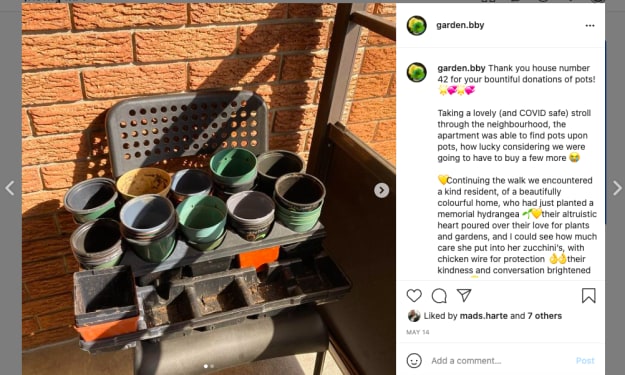4 Wars Old
"There's a precedent in real life for everything in the book [. . .] I decided not to put anything in that somebody somewhere hadn't already done." - Margaret Atwood

The scariest dystopian aren’t the ones built off imagination, but history. Doomsday isn’t some new idea; Doomsday isn’t something that snuck in on the small family. Doomsday was something they lived with every day. Sometimes they say the oldest child is four wars old, lived through a bombing on their first day of life, a mass murder on their fifth birthday - at that time the child was only minutes from meeting me. The next war defined the child’s future.
Funds were funnelled to the enemy faster than citizens, and when the fifth attack hit, the families oldest stood in the streets, grabbing for the scattered children. Wars life is cyclical. I knew this, every citizen of bombings knew this. Linear life doesn’t exist when every few days, months, years, the same towns get destroyed in the same places.
Different people die, but sometimes they all merge to be the same. It’s only when the face of a child arrives overseas that Westerners will pay attention again. There are no pictures in war-torn homes, only the ones taken for publicity, for the hope of freedom. And in the locket resting in the eldest’s pocket.
As they stood in the streets, awaiting the attacks, looking to extend a cease-fire to something meaningful – to end the looping doomsdays, a small locket rest in their pocket. I know what’s inside, but only because when I picked up the mother I had asked.
The oldest sat next to her as she lay on the street, three wars old. Mother lay on the street, her light slowly fading, in her hand her eldest’s rough ones – palms covered in prewritten futures, and a rusty silver heart. The chain had broken one war before, not because of the war, because the youngest tugged too hard. As her last breath drew she let the locket pass to the eldest, words were exchanged, but I had looked away – some scenes affect me too much. This was one of them.
I’ve seen many tragedies. The war to end all wars, too many times. I’ve carried broken spirits to their desired eternities, I’ve held children as their ends were met untimely. How many times will I return before it’s for something joyous – a life long-lived, not another soul cutdown in their prime. It’s unfair, if I could give them all back I would, but we’re all subjects to time. Even if it’s a continuous circle.
The eldest didn’t cry, at some point your eyes dry out. When the dust of destroyed buildings covers your ducts and sticks down like mud. They didn’t cry but they wish they did. It was a crime to them, to have such meaningful tears stolen but ruined childhood. Everyone deserves to weep for their parent.
The locket always remained closed, the reverse of broken. It became stronger with each attack, closing tighter, keeping its secrets safe. The eldest might never know what’s inside. They certainly didn’t find out during the fourth war, when in a moment of anger and distress, the trials of existence became too large, and the locket looked like a joke. You can live to be four wars old, but you can’t open a locket? It was thrown at the rubble, but still, it remained closed. Instead of opening, the latch twisted together forcing the top to push in the bottom, creating a lip in the metal and an extra lock on the trinket.
The streets are lined with screams, you wake up to them, even without the bombings. Rebuilding is a struggle no one is sure how to approach. What do we fix? How do we fix it? What will be broken again? There may be no attack now, but that does not mean that the war is done. The eldest held the locket, feeling dumb. If only they could open it, maybe then the war would truly be over, the doomsdays be done.
We're not all that lucky, however, and in this time, the war of all worlds doesn't end with an unopenable locket, or the small dog sitting inside it. Head tilted to the right, tongue hanging to the side. When Mother told me what was inside, I asked why a dog seemed so obscure when half your children had died. She didn't falter, just told me that the dog belonged to her Father, decades before, when the world was all better and diseases of greed hadn't yet destroyed the nation.
"I dream of the day my children can play with their dog, in a backyard with and garden and no one ever utters the word Doomsday."
About the Creator
Lex Colwell
Lex is a part-time student, part-time nervous poet. For several years she kept her poems to herself before COVID-19 forced boredom to take over. You can find her individual works on Instagram @home.grown_poetry






Comments
There are no comments for this story
Be the first to respond and start the conversation.